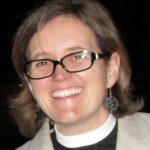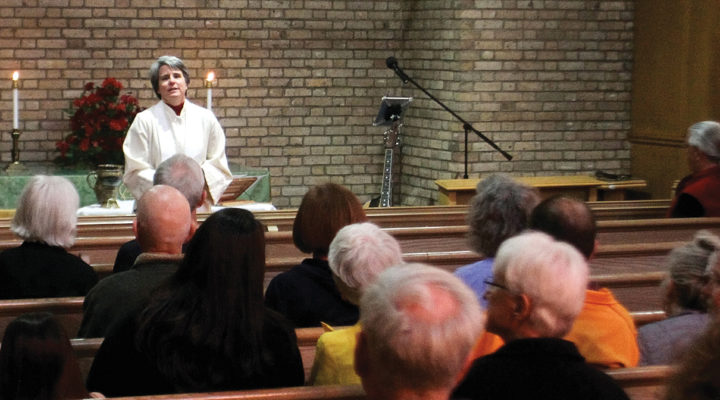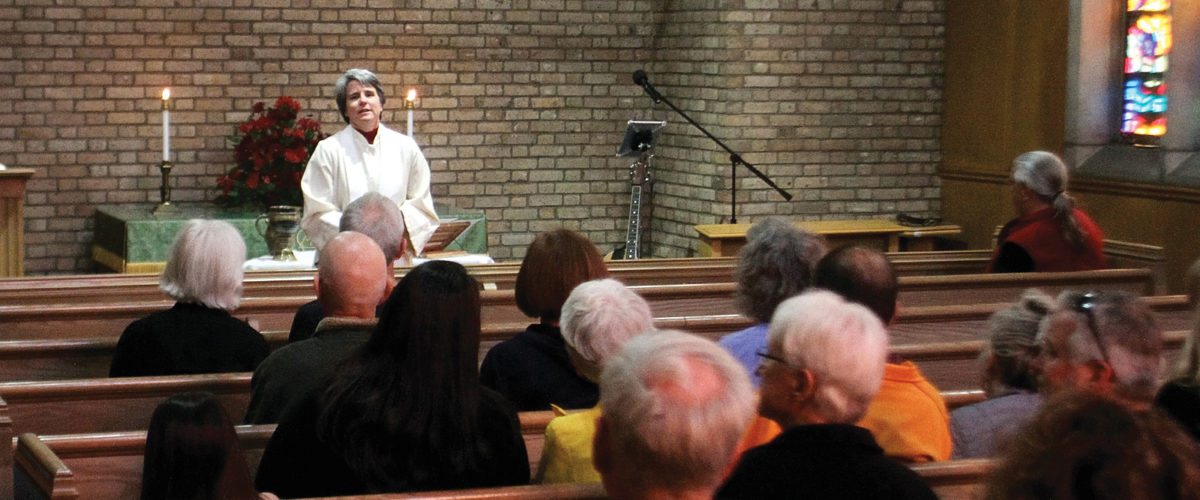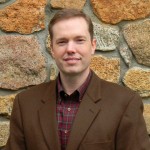Donald Trump’s victory at the polls on Tuesday will by no means end the political division and rancor that defined the 2016 election season.
Nor will the pain, fear and bitterness between Americans magically disappear because churches around the nation are holding reconciliation services today.
“There is no one gathering that’s going to bridge the gaps that have happened during this election cycle,” said Jim Hunter, the pastor at Peakland Baptist Church in Lynchburg, Va.
Even so, Hunter and his 200-member congregation are moving forward with “A Service Reconciliation: Moving Forward After the Election.”
The service, which begins at 7 p.m. today, features word and prayer from voices around the community, including a health care chaplain and a seminary official.
They are going ahead because that bigger job of reconciling the nation has to begin somewhere and with someone, Hunter said. And in his community, it might as well be Peakland Baptist, which is aligned both with the American Baptist Churches-USA and with the Cooperative Baptist Fellowship.
“We want to provide an environment for people to come and begin that journey,” he said. “We are starting from a very personal level.”
Hunter and his flock are not alone. Here and there around the nation, churches are opening their doors today, sometimes just as places to reflect, others for liturgies dedicated to healing.
One of the more high-profile services is “A Prayer to Heal the Nation,” which is organized by Faith in Public Life.
The program is a 7 p.m. conference call featuring 40 interfaith leaders, including Jim Wallis of Sojourners, author Rachel Held Evans and author and activist Brian McLaren. Leading American Jewish, Muslim and Native-American religious leaders also are participating.
“After this traumatic campaign, we must unite around the values of love, grace, compassion and inclusion,” Faith and Public Life said in announcing the prayer service.
“The divisiveness and bigotry let loose in this election is unprecedented,” the organization added. “Fear has gripped our nation at an unbelievably high level.”
Art, not science
But can efforts at reconciliation make any real different in this climate? The leader of the New Baptist Covenant says yes, definitely.
But it’s going to take a lot of work and a lot of time, said Hannah McMahan, executive director of the Washington D.C.-based organization.
“We as ministers of the gospel of Jesus Christ can choose to make things more polite or we can do the hard work of digging in and working with each other’s pain and care for each other,” she said.
Reconciliation is difficult, but rewarding, because it is not a straightforward process.
“This work isn’t a science, it’s an art,” said McMahan.
That’s what the organization has learned from pairing congregations to cooperate across racial and ethnic lines to heal systemic racism, poverty and other social justice issues. Those arrangements are called covenants of action.
Reconciliation, McMahan said, involves forging authentic, long-term relationships that require often difficult conversations and acceptance of the pain and wounds suffered by the other.
“It’s an art because it takes compassion and it takes intuition and listening,” she said. “It’s a work where you have to be in partnership and relationship with people in a responsive way that isn’t formulaic.”
And being an art means it’s not a quick fix to a congregation’s, community’s or nation’s deep-seated challenges.
Those challenges include having to find a common language and overcoming social and cultural barriers that separate people along racial, economic and political lines.
Such a movement to heal the nation’s political and social divisions could begin with its churches, said Elijah Zehyoue, director of programs and communication for the New Baptist Covenant.
“If our churches can start to lead in a transformational way for reconciliation, it will reverberate around the communities they are in,” he said.
From there, the work of healing can begin to move out in ever greater circles.
“That is the larger contribution of the church in a time such as this,” he said.
It’s the way of sharing Jesus Christ’s reconciling power, McMahan said.
“The work hurts but it is the work of God.”
‘A bit mad about everything’
A good place to kick off that process is a reconciliation service the day after the election, said Caroline Kramer, the associate rector for spirituality and evangelism at Christ Episcopal Church in Ponte Vedra Beach, Fla.
 The 6,000-member parish will hold a Eucharist service for reconciliation and healing at 5:30 pm. today.
The 6,000-member parish will hold a Eucharist service for reconciliation and healing at 5:30 pm. today.
The church always holds a Eucharist service at that time on Wednesdays, but the focus was sharpened today given the tensions of Election Day and the months leading up to it, Kramer said.
“We know we have a cross section of the political spectrum, people very firmly on both ends,” she said. “Everyone is a bit mad about everything.”
All of them need a safe place to come and to remember they share a faith in God, she said.
“God is at the center of everybody’s life, no matter what our political views are.”




